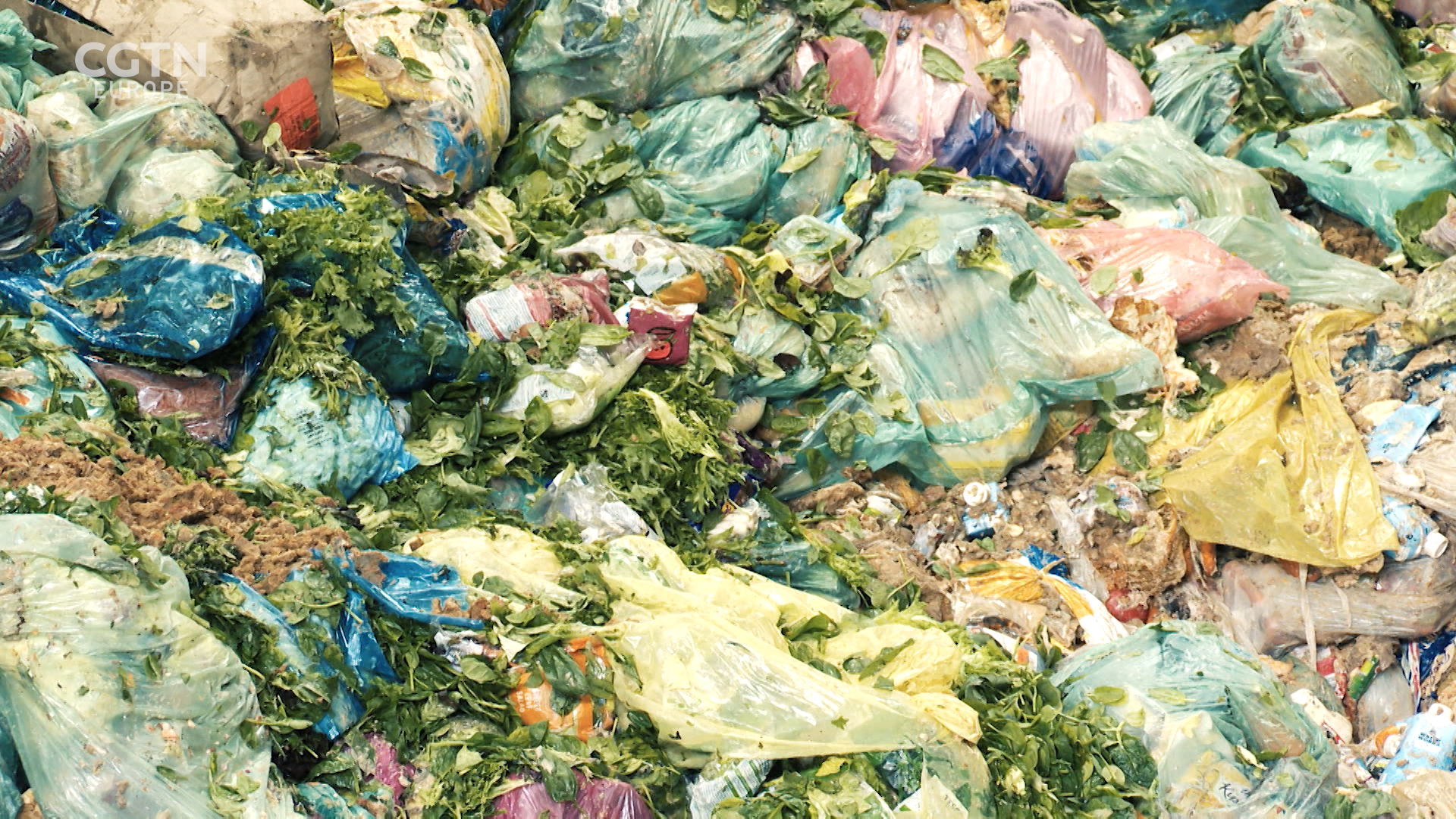03:02

Many UK residents will bemoan the lack of sun and the abundance of wind, but there is one grateful recipient of it: the power grid.
"The UK has done a great job of reducing the carbon intensity of its economy" explains Niall Mac Dowell head of the Clean Fossil and Bioenergy Research Group at Imperial College London.
That's because wind power is huge in the UK and it's having a massive impact. This country is now producing more of its energy from offshore wind farms than any other nation. And it's decarbonizing faster than any other major economy in the world.
"The UK may not be one of the largest emitters, but it is one of the largest economies. And when large economies like the EU, like the US, like the UK, take these initiatives to try to drive down the carbon intensities of their economies, that will have soft-power knockoffs."
It seems everybody's getting in on the power production business too, thanks to help from government subsidies to incentivize and encourage the use of renewable energy.
Josh Stratton runs a very diverse farm in Codford, Wiltshire which is about an hour's drive west of London. You might be expecting agriculture when you arrive here. But you're going to notice the chimneys and solar panels first. Here they burn woodchip for fuel and next door houses a massive solar power farm. But the main focus is making fuel from methane. And that comes from the food we waste every day.
"We're producing energy 24 hours a day, 7 days a week which is very reliable for our customers", he tells CGTN, adding "We've got enough energy here for about 12,000 people. Or 4,000 homes."
As he shows us around, lorries dump bags of old food. Piled up near the entrance is a huge pile of unsold cheese. He tells us about the massive crate of ice cream that was delivered last week: all of which is harvested and ultimately turned into electricity.
"What we're doing here is taking food waste in from the big industrial companies... people that make pizzas and ready meals and they've a little bit of waste that comes out of their plants and what we're doing here is processing it, getting methane from that waste and we're using the methane to make electricity", he explains.
Last year, two thirds of power in the UK's national grid came from renewable energy. In fact, British power stations now produce 100 million tons less carbon dioxide than a decade ago. That's how much CO2 would be produced flying the entire population to Beijing and back.
But Stratton's not surprised by this at all: "I think we're very innovative and we're ahead of the game in many areas. We're the world leaders in anaerobic digestion technology, we're world leaders in wind power. The government took a very big decision about seven or eight years ago to support businesses like ours that want to invest in renewable energy."
However, advanced remain limited by a lack of storage options. Producing energy from renewable sources is one thing, but storing it is another matter. Battery technology hasn't yet evolved to the levels needed to match power production and experts concede that is still some way off.
So even though the British government has set a goal of going fully renewable by 2050, backup options like nuclear power and gas aren't going anywhere for the foreseeable future.
Not that that's necessarily a problem adds Mac Dowell: "The really important thing here is to back away from renewables versus non-renewables... the reality is one where renewable energy is super important, as are many other forms of energy.. All of these things have to work together, not in an antagonistic way."